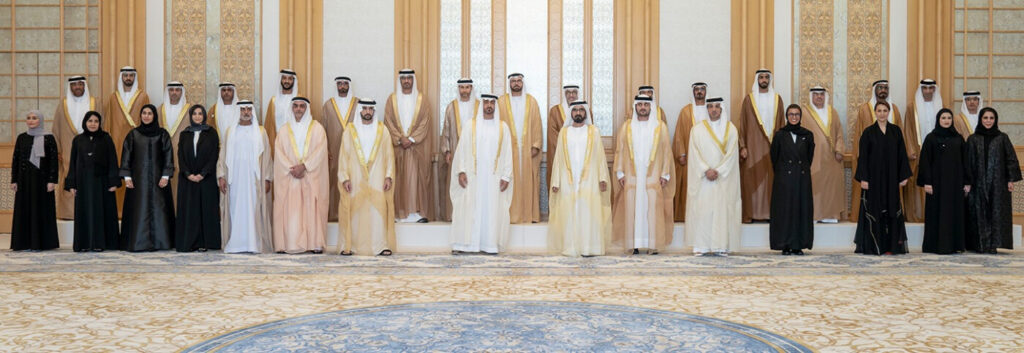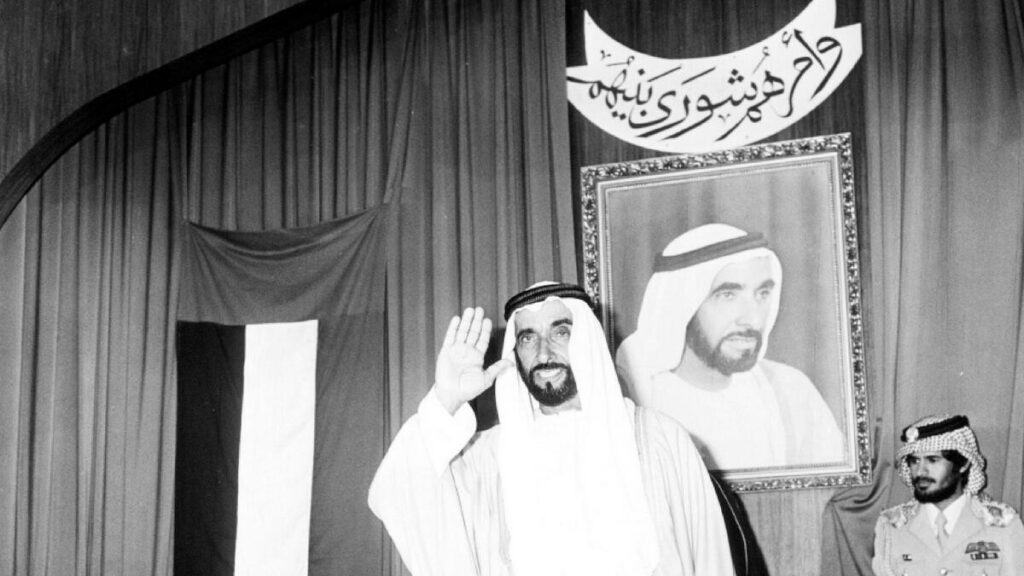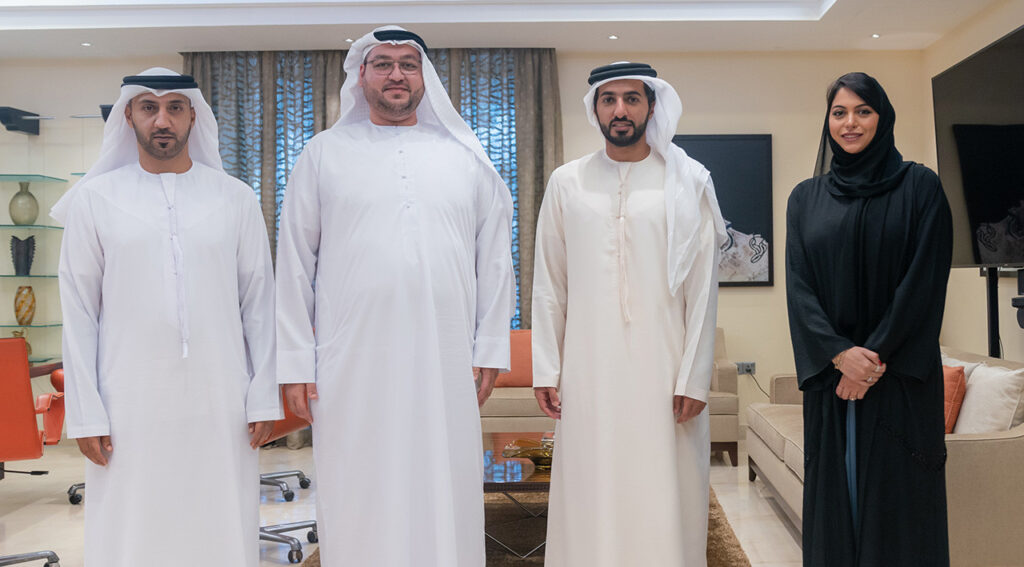
Over the past 50 years, few places on Earth have undergone as drastic a transformation as the United Arab Emirates.
Even in the recent past, the UAE was considered one of the poorest countries on the planet. What do we owe to the rich economy, technological progress, large profits from tourism, and a good standard of living in the Emirates?
Here one thing can be said with confidence: the rapid transformation of the country is the work of local rulers – the sheikhs. In this country, they refer to all representatives of royal families.
READ: Bur Dubai: One of the Most Interesting and Ultra-Modern Neighborhoods in Dubai
Translated from Arabic, the word “sheikh” means elder, a person with experience. Nowadays, in addition to receiving the title of sheikh at birth, multifaceted education is also necessary.
Families:
The prefix in the surname -al- means belonging to something ethnic, for example, the place of origin of a person; his religion, or role in society.
The rulers of the richest and largest emirates have always had the greatest power.
Important! Residents of the country treat their sheikhs with special respect, their authority is indisputable, and jokes and ridicule about them can lead to unpleasant consequences.
The history of this dynasty begins in 1761. Its first ruler was Sheikh Diyab bin Isa Al-Nahyan, who first ruled in Liwa and then moved his residence to the city of Abu Dhabi.

The sheikh made a huge contribution to the future of the country – he created a rich metropolis from the small town of Abu Dhabi, built the necessary free infrastructure for the population, women got the opportunity to study and work, and all residents were provided with a decent quality of life in the country. Therefore, a highway, a seaport, attractions, sports complexes, and events in Dubai are named after him. And simply as a person, he was considered a man of his word and was deeply respected.
READ: Open House in Sobha Hartland and Palm Jebel Ali: New Projects in Dubai
Note! It is strictly forbidden to take photographs of the sheikhs’ palaces!
The Al Maktoum clan belongs to the Arab clan Al Abu Falah, which is part of the Beni Yas tribal federation that has dominated the UAE since the mid-18th century. In 1833, the Al-Abu Falah clan, led by the Al Maktoum family, moved to Dubai and created an independent sheikhdom. In 1892, the sheikhs concluded an “Exceptional Agreement” with Great Britain, which deprived them of the ability to manage territories and make decisions regarding them.Like most emirates, Dubai gained independence and began autonomous development in 1971.
The current ruler is Mohammed ibn Rashid al-Maktoum, who took office in 2006 after the death of his older brother, who died at 63 due to a heart attack.
Sheikh Mohammed is known in the country as the “architect of modern Dubai”, because of the artificial Palm Islands, the world-famous Fly Emirates airline, the Dubai metro, the modern architecture of the city and its unique, one of the most luxurious and safe skyscrapers in the world, were created under his clear leadership.
Despite the small volumes of oil produced in this region, all the most important tourist and shopping centers, sports complexes, and transport hubs are gathered here. Managing and developing such an economically developed emirate is a great responsibility.
The Emir of Dubai was also married several times. He is a father of 23 children.
Interesting! Sheikh Mohammed and the heir to the throne, his second eldest son, Hamdan, are recognized Arab poets.
The Al-Qasimi royal family rules over the territory of two emirates. The first of these is Sharjah, known for its strict rules of conduct. Holding several academic positions, the local ruler, Sheikh Sultan bin Mohammed Al Qasimi, is considered the most educated sheikh in the country.
The ruler of Ajman, the smallest emirate in the UAE, is Sheikh Humaid bin Rashid Al Nuaimi. During his time in power, he turned the small town of Ajman, with a population of less than 1,000 people, into a modern city that attracts the attention of tourists.

The history of the Al-Mualla family began in the territory of today’s Umm al-Quwain, when the Arab tribe Al-Ali moved from the island of Sinniya to the mainland after the island’s water supplies ran out. Umm al-Quwain became an independent sheikhdom in 1775, then was under British protectorate, and in 1971 became part of the UAE.
The current ruler here is Saud bin Rashid Al-Mualla. Having first received a secondary education in Umm al-Quwain, and then a specialty in economics at the University of Cairo, he devoted himself to work in public services, such as the UAE Foreign Ministry and the court, and also headed the Emir’s Guard, thereby increasingly earning his father’s trust to transfer control of the emirate. In 1982, the sheikh became the heir, and in 2009 he accepted the post of ruler.
READ: Villas at Garden Homes: Open House Presentation
Since then, he has successfully continued his father’s endeavors, taking care of observing national traditions and preserving cultural heritage, but, at the same time, introducing modern technologies into the management system and improving the lives of citizens.
Sheikh Hamad ibn Mohammed Al Sharqi, before assuming the post of Emir of Fujairah in 1974, headed the Ministry of Agriculture and Fisheries, which he places special emphasis on in the development of his emirate and to this day, there are also large oil fields, which allows you to successfully conduct business related to “black gold”. It also pays attention to the tourism industry, construction, and financial sectors.